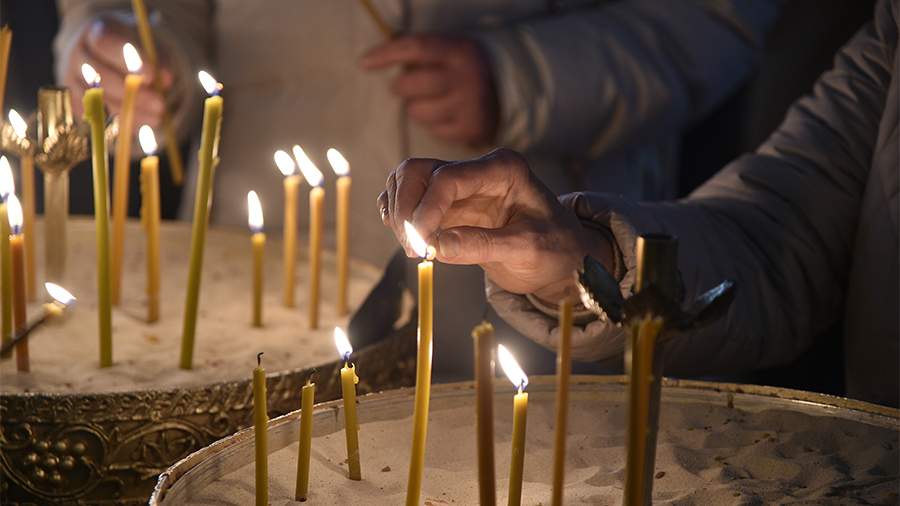December 18 - Savvy Day: history, traditions, folk omens

Every year on December 18, Orthodox believers honor the memory of the Monk Sava the Sanctified, who lived in Cappadocia in the 5th century. In the folk calendar, the holiday is called Savvin's Day. In 2024 it falls on Wednesday. Why in the old days at this time was supposed to do household chores and not go out, read in the material "Izvestia".
Savvy Day - 2024: the history of the holiday
The Monk Savva was born in 439 in Cappadocia (current territory of Turkey). When the future saint was eight years old, his father went to Alexandria on military service. The boy, left in his native city under the care of his uncle, decided to choose the path of monasticism. He became a novice at the monastery of St. Flaviana, where he studied literacy and the Holy Scriptures.
When he was 17 years old, Savva, despite his parents' entreaties, took monastic tonsure and spent the next 10 years in prayer. According to legend, Jesus Christ, who recognized the piety of the young man, gave him the gift of performing miracles, healing people and casting out demons.
Later, Savva met a Christian saint, Hieromonk Euthymius the Great, one of the founders of the monastic hostel, who became his mentor in Christian virtues. When Euthymius died, Sava settled in a cave near the monastery of the Monk Gerasimos of Jordan. Soon his disciples began to gather around him. After the monks received a sign from above, they founded the Great Lavra in the cave.
During his life, the Monk founded several monasteries and is remembered for healing the sick through prayers. Some believed that Sava could cause rain during a severe drought or create a water spring in the middle of the desert.
Traditions of Savvy Day on December 18
In Russia, the folk holiday dedicated to St. Savva was called Savvy Day, or Savva with lard. There was even a saying among the people: "Savva ate lard, wiped himself, locked himself up, said: "I haven't seen it." This day was considered one of the coldest of the year, so it was customary to avoid traveling far and stay at home, as there was a risk of freezing on the way.
Savvin's day was considered an ideal time for simple household chores and socializing with family. Traditionally on the holiday were engaged in cleaning, cooking and raising children. Relatives gathered around the festive table, where dishes of millet or oats often appeared, symbolizing fertility and wealth. The food was fasting, as the celebration fell on the Christmas fast.
What you can and can not do on Savvy Day on December 18
On the holiday it was customary to visit the church, to ask St. Savva for health, healing from illnesses and family prosperity.
But it was forbidden to go to visit on St. Savva's day. Also, villagers tried not to swear on the holiday. It was believed that because of profanity a sinner on the winter road could be in trouble.
Pregnant women were not recommended to wash their hair, so that a child with bad memory would not be born. Also on this day was forbidden heavy physical work. It was believed that the holiday is better spent in prayer and godly conversations, so as not to offend St. Savva.
Folk omens for December 18
On St. Savva's Day in Russia observed nature and made predictions for winter and the next year. People believed that if it snows on December 18, the winter will be snowy and cold.
A strong wind meant a cold summer next year, and sunny and clear weather heralded an early spring. Also the weather was determined by the smoke from the stove: if it stands in a column - wait for frost, it is strewn on the ground without wind - there will be snowfall.
Earlier "Izvestia" told when and how Varvarin Day is celebrated in Russia.
Переведено сервисом «Яндекс Переводчик»


